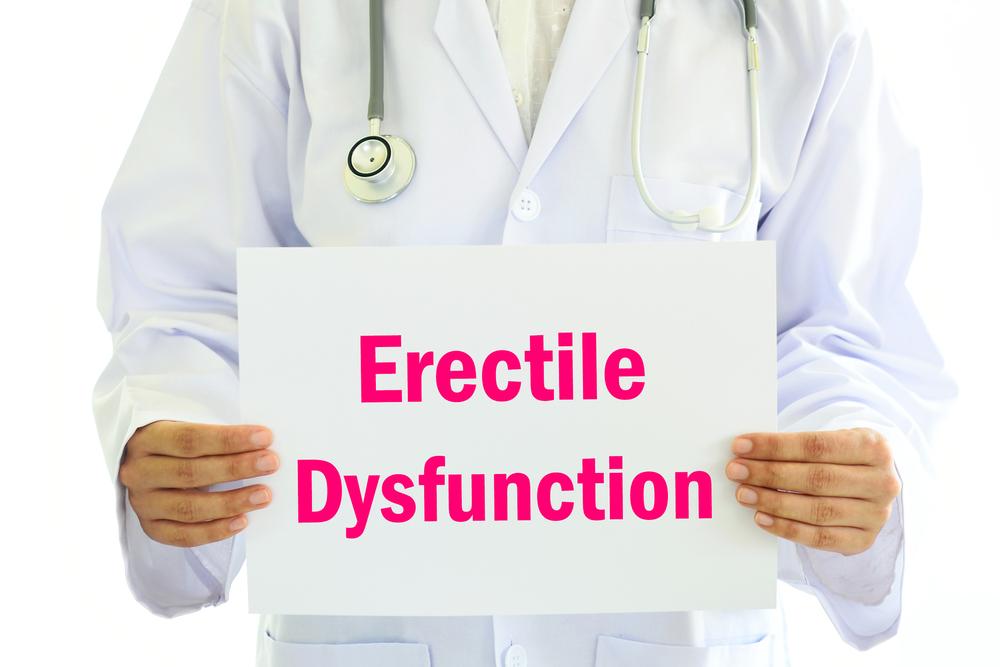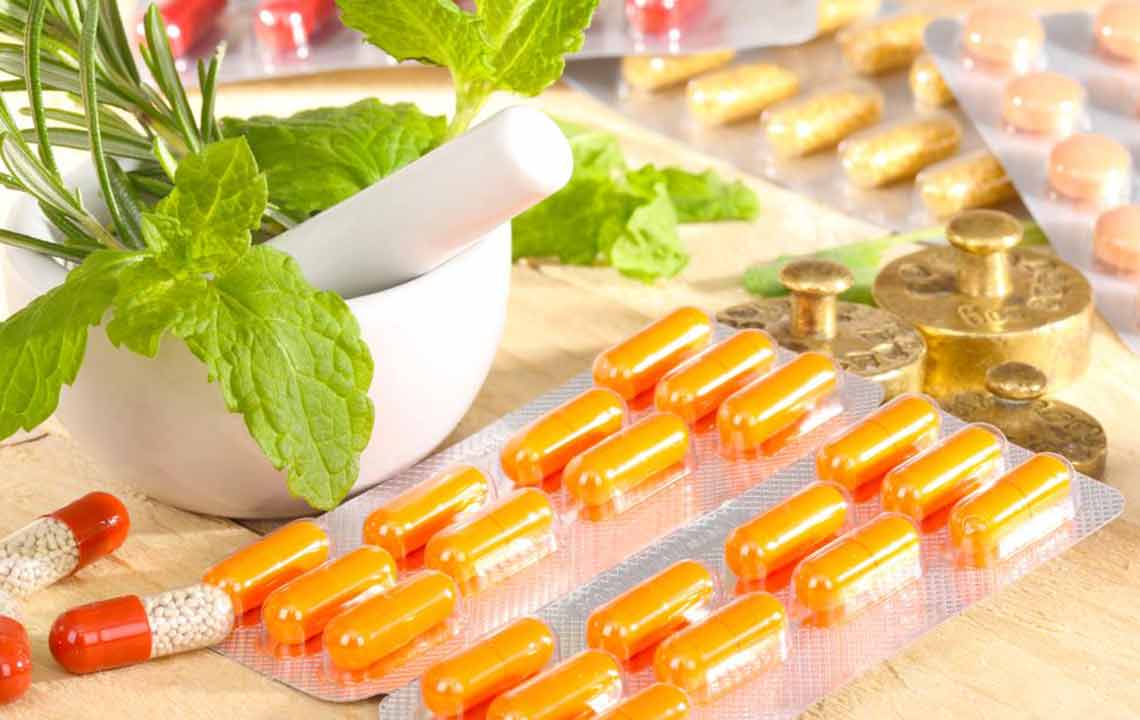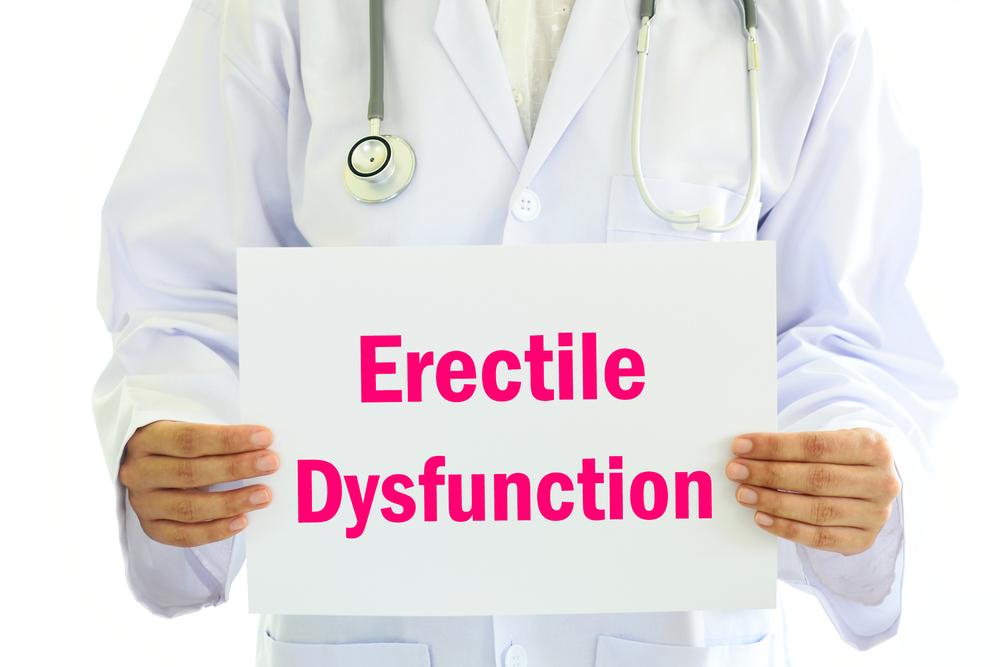Comprehensive Guide to Managing Erectile Dysfunction: Strategies and Dietary Recommendations
This comprehensive guide explores effective strategies and dietary tips for managing erectile dysfunction. It covers causes, treatment options, lifestyle changes, and nutritional recommendations to help men improve their sexual health and confidence. Whether you're experiencing occasional problems or persistent ED, understanding the multifaceted approach can lead to better management and improved quality of life.

Comprehensive Guide to Managing Erectile Dysfunction: Strategies and Dietary Recommendations
Experiencing difficulties in developing or maintaining an erection, medically known as erectile dysfunction (ED), is a common issue that affects many men across different age groups. An erection is a complex physiological process involving increased blood flow to the penis, usually triggered by sexual arousal or physical stimulation. While occasional instances of ED are normal, persistent problems can significantly impact one's self-esteem, relationships, and overall quality of life. Understanding the causes, treatment options, and lifestyle adjustments is crucial for effectively managing this condition.
Erectile dysfunction is characterized by the consistent inability to achieve or sustain an erection sufficient for satisfying sexual activity. It is a prevalent concern that affects millions worldwide, spanning various age groups, although it tends to increase with age. The condition is often multifactorial, stemming from psychological, physiological, or a combination of both causes. Addressing ED involves a holistic approach that includes medical intervention, psychological support, and lifestyle modifications.
Understanding the Common Causes of Erectile Dysfunction
**Age-related changes:** As men age, natural physiological alterations can diminish erectile function. However, ED is not an inevitable part of aging and can occur at any age due to various factors.
**Physical injury:** Trauma from vigorous physical activity, accidents, or surgical procedures can damage nerves or blood vessels involved in erection processes.
**Lifestyle choices:** Excessive alcohol intake, cigarette smoking, and recreational drug use significantly impair blood flow and nerve function necessary for erections.
**Chronic health conditions:** Diseases such as hypertension, diabetes, high cholesterol, depression, and sleep disorders have been strongly linked to ED. These conditions can interfere with blood vessel health and nervous system functioning.
**Psychological factors:** Stress, anxiety, depression, relationship conflicts, and self-esteem issues can hinder sexual arousal and lead to ED.
Effective Approaches and Treatments for Erectile Dysfunction
**Open communication:** Talking honestly with your partner about sexual health concerns can reduce anxiety and improve intimacy. Trust and understanding foster a supportive environment for exploring solutions.
**Counseling and therapy:** Psychological support, including cognitive-behavioral therapy, can address emotional problems like performance anxiety and depression that contribute to ED.
**Lifestyle modifications:** Quitting smoking, reducing alcohol consumption, engaging in regular exercise, maintaining a healthy weight, and managing stress can significantly improve erectile function.
**Medications:** Prescription drugs like Sildenafil (Viagra), Tadalafil (Cialis), and Vardenafil (Levitra) are commonly prescribed to enhance blood flow to the penis. It is important to use these under medical supervision to avoid adverse effects and interactions with other medications.
**Surgical options:** In cases where other treatments are ineffective, surgical interventions such as penile implants or vascular surgery may be considered.
**Monitoring hormone levels:** Testosterone deficiency can contribute to ED; hormone replacement therapy might be suitable for some men after proper evaluation by healthcare providers.
Dietary and Lifestyle Strategies to Enhance Erectile Health
**Fruits:** Consuming watermelons rich in lycopene and antioxidants can improve blood flow and libido. Pomegranate and grapes are also potent in elevating nitric oxide levels, supporting better erections.
**Seafood:** Oysters, rich in zinc and amino acids like amino acids, can boost testosterone levels and improve erectile performance.
**Caffeine:** Moderate coffee intake enhances circulation and may aid in achieving firmer erections due to caffeine's vasodilatory effects.
**Dark chocolate:** Loaded with flavanols and nitric oxide precursors, dark chocolate helps relax blood vessels and improve penile blood flow.
**Nuts and seeds:** Walnuts, almonds, and pumpkin seeds provide arginine and other nutrients that promote nitric oxide synthesis, critical for erection quality.
**Vegetables:** Peppers, spinach, and other leafy greens contain nitrates that support blood vessel dilation and reduce blood pressure.
**Healthy fats:** Olive oil, avocados, and omega-3 fatty acids from fish support hormone production and cardiovascular health.
**Natural juices:** Pomegranate juice, rich in antioxidants, and grape juice can enhance nitric oxide levels, aiding erectile function.
It is noteworthy that erectile dysfunction often occurs alongside other sexual health concerns, such as premature or delayed ejaculation, which can further affect confidence and intimacy. Certain medications used for conditions like hypertension may also contribute to ED. Fortunately, most cases are highly treatable using FDA-approved oral medications combined with lifestyle changes. Because ED is primarily rooted in physical health, consulting a healthcare provider for tailored diagnosis and treatment strategies is essential for restoring optimal sexual health.





